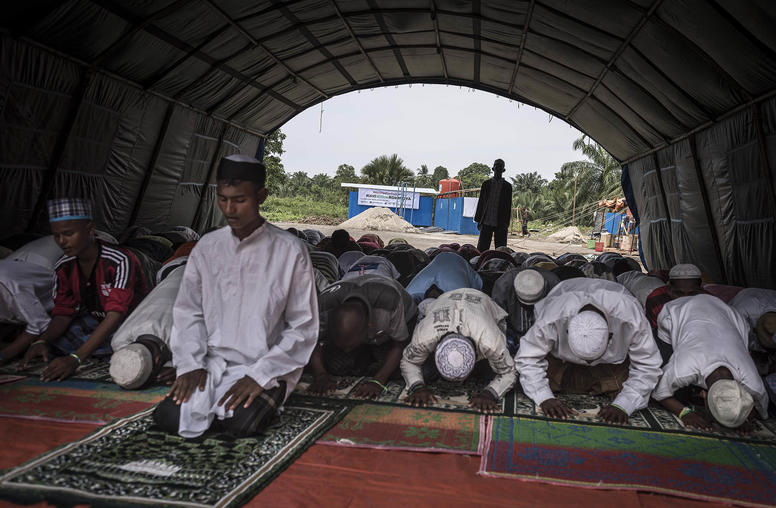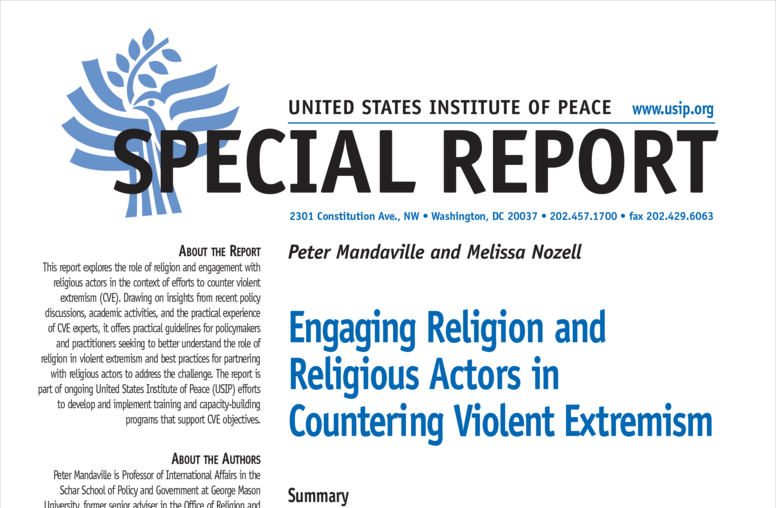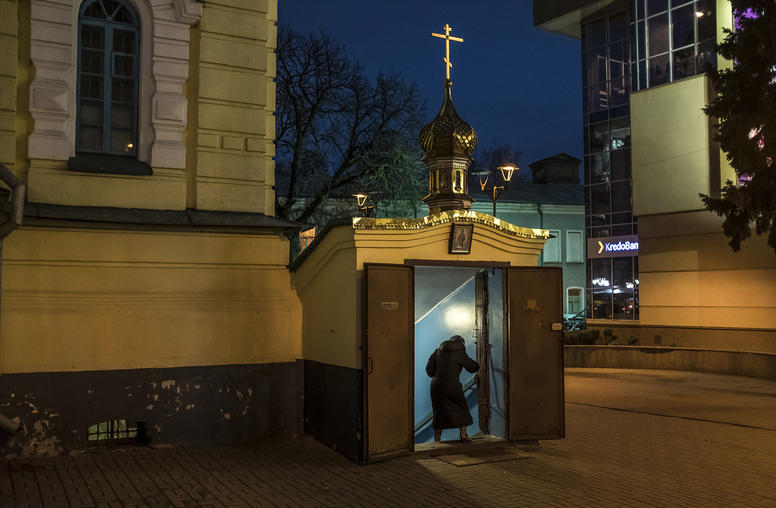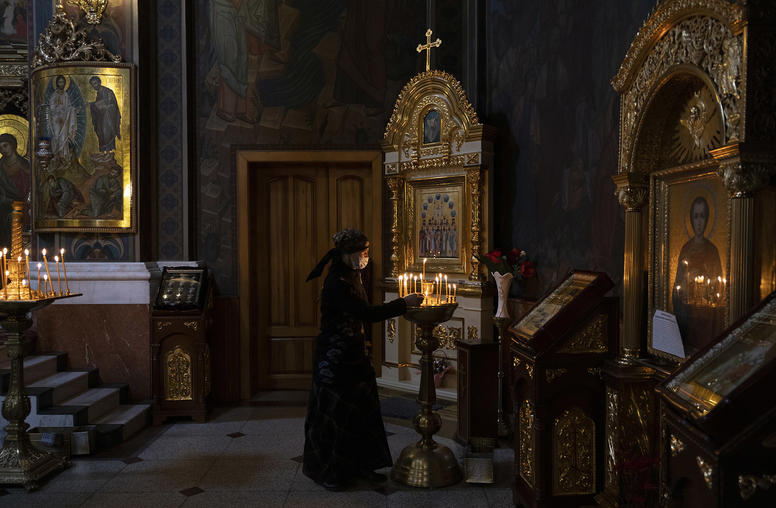Publications
Articles, publications, books, tools and multimedia features from the U.S. Institute of Peace provide the latest news, analysis, research findings, practitioner guides and reports, all related to the conflict zones and issues that are at the center of the Institute’s work to prevent and reduce violent conflict.

Common Ground on International Religious Freedom Enhances U.S. National Security
Religious freedom, like other human rights, is strongly correlated with political stability — and repression of religion or belief can serve as a major driver of conflict and violence. Around the world today, we see discrimination against or targeting of religious minorities associated with rising social tensions, intercommunal strife, violence and even mass atrocities. Muslims in India, Rohingya in Myanmar, Uyghurs in China, Yazidis in Iraq, and Christians in Pakistan: all are subject to forms of violence that have corollary effects on broader prospects for peace and stability in their respective contexts.

Engaging Religion and Religious Actors in Countering Violent Extremism
By more fully understanding the role of religion in violent extremism and adopting a broad-based and inclusive approach to engaging religious actors, policymakers and practitioners can better advance countering violent extremism objectives. In this report, a former senior policy adviser and a USIP senior specialist explore the nexus of religion and violent extremism.

How Putin Turned Religion’s ‘Sharp Power’ Against Ukraine
Long before Russia positioned military forces along Ukraine’s border or menaced its neighbor with cyber-attacks and economic pressure, Moscow deployed another, under-appreciated weapon increasingly used by rising global powers: the transformation of religious soft power into what is known among some scholars of authoritarianism as “sharp power.”

The Role of Religion in Russia’s War on Ukraine
On March 6, Russian Orthodox Patriarch Kirill stood to deliver the sermon that traditionally ushers in the beginning of the Orthodox Lent. However, the most notable theme of his sermon had little to do with the annual period of Christian fasting. Instead, the patriarch chose to address a subject at the forefront of everyone’s minds: the Russian invasion of Ukraine.

Susan Stigant on Sudan’s Civil War and Deepening Humanitarian Crisis
More than a year into Sudan’s civil war, the country is facing the “the world’s worst humanitarian crisis” as international aid struggles to find its way to those in need, says USIP’s Susan Stigant: “At this point, unfortunately, all of the efforts collectively are not meeting the needs” of Sudanese citizens.